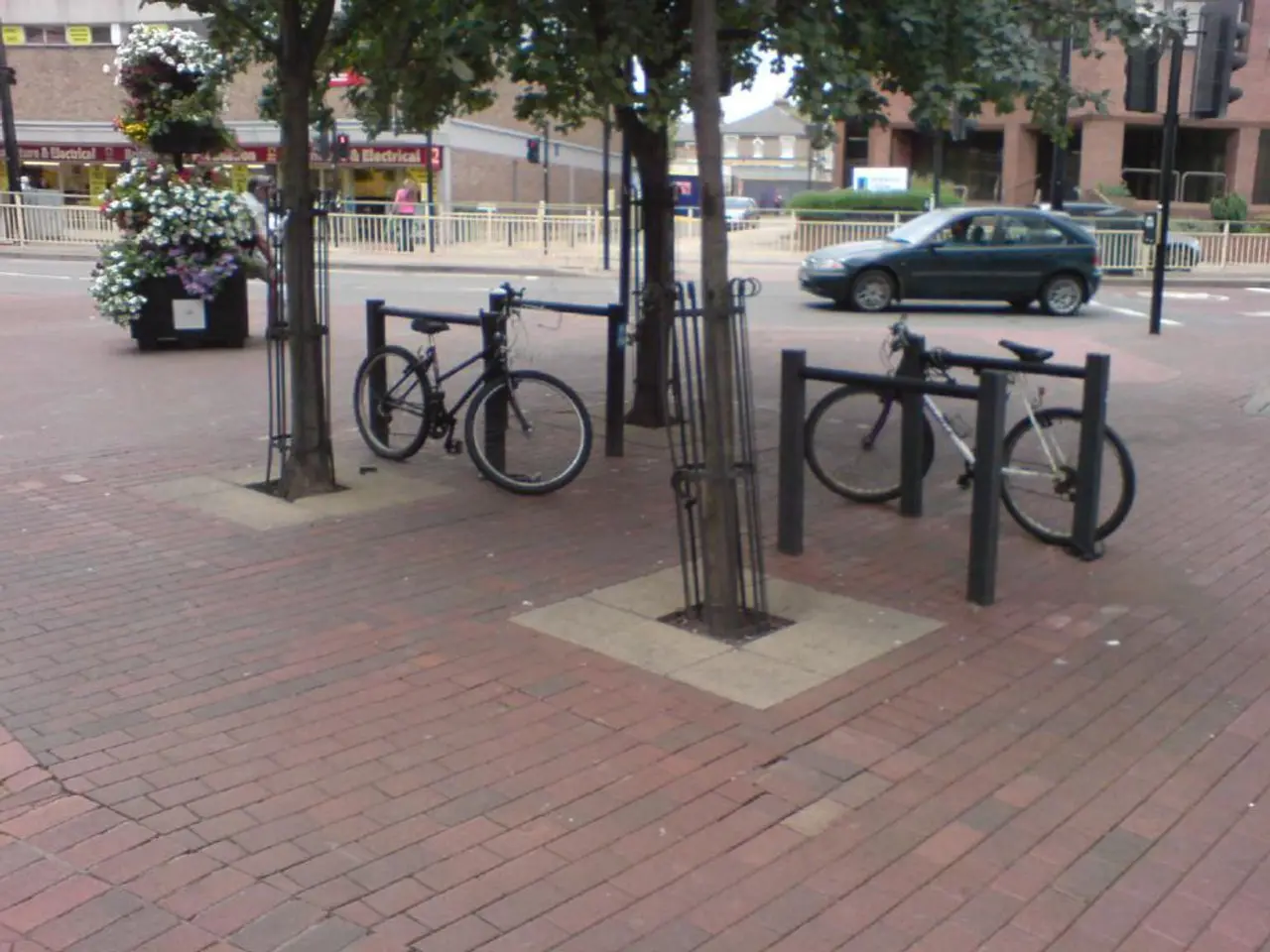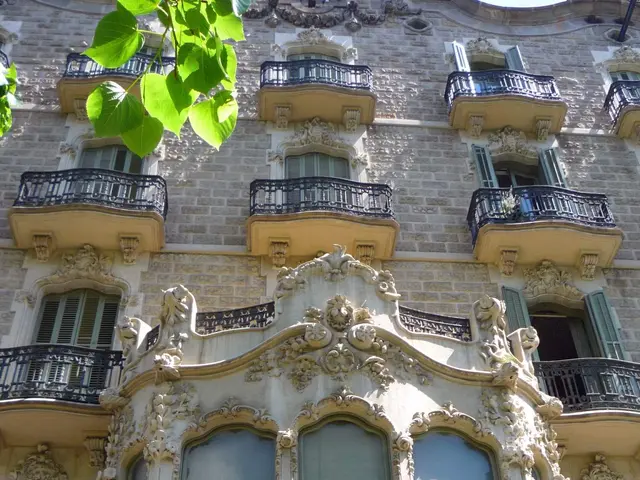Freeganism and its Environmental Footprint: A Sustainable Way of Living Decided by Individuals
In the pursuit of a more sustainable future, **Freeganism** emerges as a unique lifestyle and philosophy that encourages individuals to minimise their environmental impact. This movement, a fusion of the words "free" and "vegan," is centred around reducing waste, promoting sustainability, and challenging consumerism.
At the heart of Freeganism lies the practice of recovering and reusing discarded goods and food that would otherwise end up in landfills. Activities such as dumpster diving and food rescue play a crucial role in this approach, significantly reducing food waste—a major global issue where around one-third of all food produced ends up in landfills. By retrieving and consuming leftover food, Freegans prevent organic waste from decomposing in landfills and releasing methane, a potent greenhouse gas.
Beyond food, Freeganism also promotes resource conservation. By utilizing food that is already produced, Freegans effectively decrease the demand for additional resource-intensive food production, conserving resources such as water, energy, and agricultural land. This lifestyle choice also lowers carbon footprints by avoiding the environmental costs associated with the production, packaging, distribution, and disposal of food and goods, thus reducing overall carbon emissions linked to these processes.
In addition, Freeganism encourages reuse and recycling, reducing landfill accumulation and fostering a circular economy approach. As a grassroots movement, Freeganism acts as a practical demonstration of ways to combat consumerism and wastefulness in modern society. It supports local sustainability initiatives like food rescue programs and zero-waste community efforts, which can be scaled through technology and policy.
However, Freegans face social stigma associated with their unconventional lifestyle, often misunderstood as mere dumpster divers. Navigating legal challenges in salvaging discarded goods or food can also be a hurdle for Freegans. Despite these challenges, the movement continues to inspire systemic change towards zero-waste communities, directly addressing waste reduction and resource conservation challenges inherent in contemporary food and goods systems.
As we strive for a more sustainable future, the principles of Freeganism offer valuable insights into the importance of reducing waste, conserving resources, and challenging consumerism. By adopting elements of this lifestyle, we can collectively contribute to a more sustainable future and foster a cultural shift towards valuing resources, reducing overconsumption, and fostering environmental consciousness among consumers and businesses alike.
- Embracing the minimalist living philosophy, Freeganism advocates for a freedom lifestyle that prioritizes environmental-science principles and life hacks, promoting sustainable-living in home-and-garden spaces.
- In line with the movement's focus on reducing waste, Freeganism encourages the reuse of discarded goods and food, supporting climate-change mitigation efforts by decreasing organic waste in landfills and lowering carbon footprints.
- As pillars of the Freegan community, lifestyle choices foster resource conservation through resourceful practices like food rescue, which can be replicated and scaled using technology and policy to drive systemic change towards zero-waste communities.
- Beyond the immediate benefits to the environment, the practice of Freeganism offers a practical demonstration for minimizing consumerism and wastefulness in modern society, opening doors for a circular economy approach and fostering a cultural shift towards sustainability.






